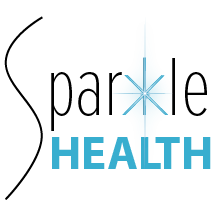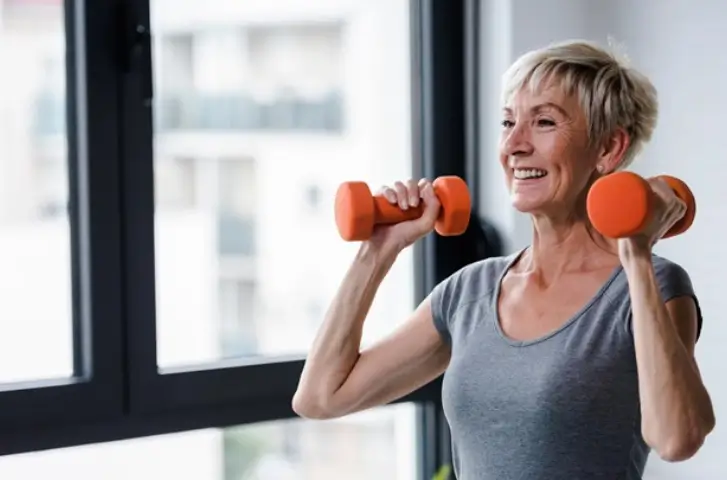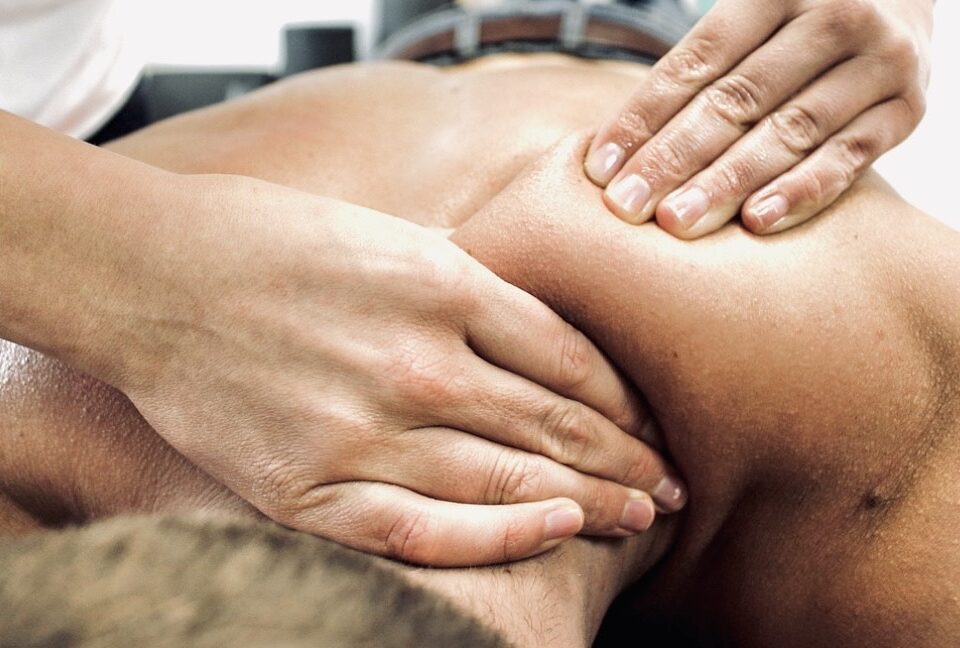Exercise and Your Immune System
If a country is preparing for war does it make sense to send out some troops everyday to survey the borders for the enemy? Our immune system is the armed forces for the body. We want to boost our daily surveillance at our mucosa (borders) so we can stop the enemy before it gets in. Daily exercise helps increase our immune system response in the peripheral borders.
Does exercise increase or decrease immune function?
For many years, it was felt that intense physical activity induced immune suppression. It has been demonstrated that during physical exercise, cells of the immune system increase and become more active. Researchers have measured neutrophils, macrophage, dendritic cells and natural killer cells and secretory immunoglobulin A in blood and saliva. What is interesting is that after the increase during and immediately post exercise there is a decrease a few hours later. For many years there was some thought about a “window” of increased susceptibility to illness and decreased immune system function in the hours after exercise. This has largely been debunked and the new thinking is that there is improved resistance to communicable disease following acute exercise and in general in people who exercise regularly.
The initial rise in immune cell function that occurs in the blood post exercise then drives the response in our “border” tissues including the lungs and respiratory system. When we measure levels in the blood of the immune cells, they have now declined because these cells are in our peripheral tissues performing the job of surveillance. Most of these cells are all part of the innate immune system- our body’s first line of defense against infections (with the exception of the immunoglobulin A). They are the neutrophils (white blood cells), dendritic cells and natural killer cells (I love how tough those natural killer cells sound)!
Exercise therefore increases our immune function and surveillance and can help reduce risk of viral and bacterial infections. In fact research has shown that even older people engaging in daily moderate exercise have reduced risk of viral infections- even if they have chronic conditions.
Exercise and Inflammation
Regular exercise also reduces overall inflammation especially in the setting of metabolism issues such as insulin resistance and diabetes. This is likely due to the influence of exercise on our metabolic state and blood sugar. If there is underlying metabolic imbalances which increase our risk of infections and more, exercise can help offset the consequent inflammatory response.
In a way, exercise is a biological stressor. When exercise is in moderation, the microtrauma and localized transient inflammation induced by exercise helps build resiliency of the body and the immune system overall. Think of it as a form of training or practice for our “army”. This reduces the impact from other forms of biological stress.
Does the intensity and duration of exercise matter for immune function?
It seems that intensity and duration of exercise affects immune function. Risk of illness and exercise follows a J shaped curve. Risk of illness is elevated in those who exercise very little and then high in those who over-exercise to the point of overwhelming the body’s capacity for recovery. The sweet spot is in the middle with moderate exercise. When we engage in moderate exercise – even one session will give our body a boost in immune function.
What does overtraining feel like? As a rule of thumb, you should not feel physically depleted and wiped after exercise to the point it takes you days to recover. You should feel refreshed and good after exercise. Some transient mild muscle soreness too may be normaI. I also think mixing things up and having recovery days or cross training with restorative activities if you are an endurance athlete makes sense.
What does moderate exercise mean?
Moderate exercise means a target heart rate of about 60 – 70 % of maximum heart rate. Max heart rate can be calculated by taking 220 – your age and then taking 60-70 % of that number. I also feel that there may be some added benefit in doing short bursts of high intensity physical activity. Increasing the intensity can increase that transient change in immune response. There is not a lot of research demonstrating greater immunity with high intensity intervals however it makes biological sense.
During the coronavirus pandemic, even if you are confined to exercise at home, it is important for your immune function to continue some form of physical activity. Many gyms are offering private 1:1 lessons if permissible by state and local health departments as well as virtual classes. Take advantage of these. Walking outside with family or friends and neighbors (maintaining the 6 feet social distancing precautions) can also be helpful. Try picking up the pace to landmarks in the distance and then slowing pace down to boost heart rate periodically to moderate ranges. You could even put music on and dance. As always consult with your doctor before starting an exercise regimen if you are not accustomed to exercise and gradually increasing your exercise is best.
Campbell JP, Turner JE.
Front Immunol. 2018 Apr 16;9:648.
Shaw DM, Merien F, Braakhuis A, Dulson D.
Cytokine. 2018 Apr;104:136-142.
Walsh NP, Gleeson M, Shephard RJ, Gleeson M, Woods JA, Bishop NC, Fleshner M, Green C, Pedersen BK, Hoffman-Goetz L, Rogers CJ, Northoff H, Abbasi A, Simon P.
Exerc Immunol Rev. 2011;17:6-63. Review.
Bartlett DB, Willis LH, Slentz CA, Hoselton A, Kelly L, Huebner JL, Kraus VB, Moss J, Muehlbauer MJ, Spielmann G, Kraus WE, Lord JM, Huffman KM.
Arthritis Res Ther. 2018 Jun 14;20(1):127.





